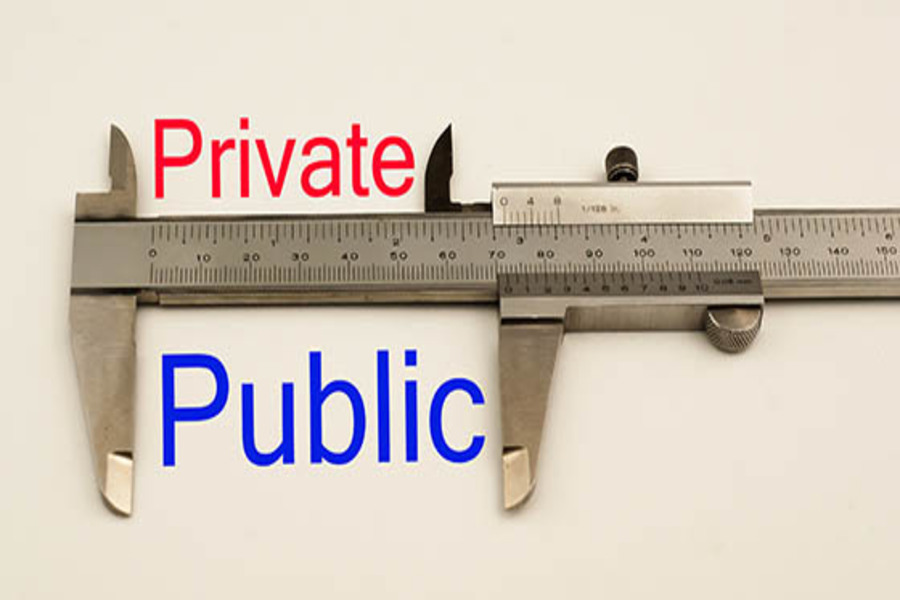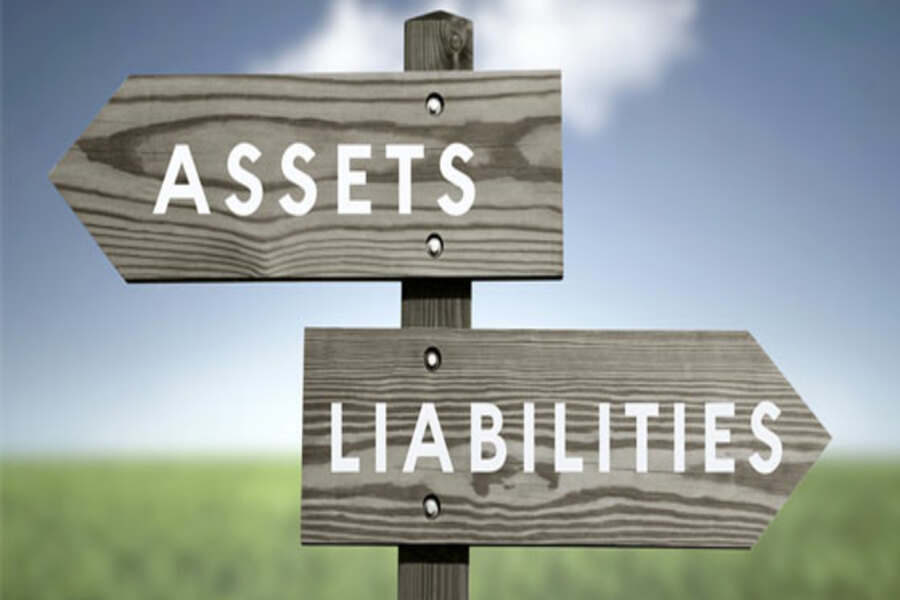Do-it-yourself business valuations and the use of unqualified financial experts can increase the odds of making an error, misstatement or erroneous deviation from customary valuation practice. These faux pas could trigger (or worsen) an IRS inquiry or perhaps lead to an embarrassing courtroom mishap. Here are three common valuation pitfalls that qualified valuation professionals are specifically trained to avoid. Outdated data Business valuations are contingent on the subject company’s financial health, industry trends and general economic conditions on the valuation date. Like the balance sheet, they’re valid as of a specific point in time. As conditions change, a company’s value may change. To illustrate: Consider the novice appraiser who valued an event planning company using comparable data from the last 20 years. In the wake of the COVID-19 pandemic...

Divorce is never easy. But when the marital estate includes a private business interest, matters can become especially complicated. Here are some challenges that may be encountered when divorce proceedings require a business valuation. Data sharing Because divorce often is adversarial, the parties may withhold or slant information to protect their financial interests. For example, a spouse who owns a business might intentionally limit the opposing expert’s access to documents, facilities or management personnel. Or the owner-spouse might alter accounting records or hide assets. A valuation expert who’s involved in the discovery phase can compile a list of key documents and procedures to request from the judge. It’s important to obtain court approval of document requests, site visits and management interviews even in amicable cases, because in divorce...
Business valuation professionals often use public stock market data to value private businesses — even though there are critical differences between closely held and publicly traded companies. Here’s an overview of how valuators modify their analyses to take advantage of objective, market-based indicators of value. Recognizing key differences Public companies differ from private ones in the following five critical ways: Level of oversight, differing goals. The Securities and Exchange Commission requires public companies to file paperwork (such as annual 10-K forms) and comply with its rules and regulations (such as the Sarbanes-Oxley Act). Private businesses are generally exempt from these requirements, freeing them to focus less on earnings per share (a short-term performance metric) and more on long-term or non-financial goals. Additionally, private businesses commonly downplay...
In adversarial situations — such as divorces, contract breaches and shareholder disputes — you might need to hire an outside business valuator to evaluate complex financial matters. To get the most from these professionals, it’s important to understand the two key roles they can play in conflict resolution. Keeping these roles separate helps prevent valuators from being seen as “hired guns” by judges, juries, arbitrators and mediators. Expert witnesses Valuators often serve as expert witnesses in litigation. In this role, they may provide written opinions and verbal testimony on financial issues concerning: The value of a business, including the fair market value or fair value of a specific owner’s business interest, Economic damages, including temporary lost profits and diminution in business value, Formal rebuttal of...
Valuing a business requires more effort than just plugging numbers from the financial statements into a spreadsheet or artificial intelligence software program. A valuation professional needs a comprehensive understanding of business operations. Financial statements, tax returns and marketing materials tell only part of the story. Site visits can help bridge the gap, especially in adversarial situations. Touring the facilities During site visits, valuators tour the company’s facilities with the following questions in mind: Do the company’s operations appear efficient and organized? Do employees and managers seem competent and productive or disgruntled, overworked or adversarial? Are there any capacity constraints? What is the condition of the company’s property, plant and equipment (for example, any obsolete, unused, unrecorded or nonoperating assets)? For retail operations, does the company have adequate...
Mergers and acquisitions can be stressful for entrepreneurs who have invested blood, sweat and tears in their businesses — or second-generation owners who are selling their parents’ legacies. Setting the asking price and understanding the deal terms, including complex tax matters, can be overwhelming. Fortunately, a business valuation professional has the financial knowledge and real-world experience to help maximize the selling price and minimize the guesswork. Preparing for sale Valuators understand the relationship between risk and return as well as factors that affect value. So they’re equipped to assist in making companies more attractive acquisition candidates. Before a business goes on the market, a valuation pro can help address the following critical items: Financial statements. Audited financial statements offer prospective buyers greater assurance than reviews, compilations or internal...
The starting point for a business valuation is generally the subject company’s financial statements. Here’s an overview of how historical financial statements can serve as the basis for a valuation professional’s conclusion under the cost, income and market approaches. Cost (or asset-based) approach Because the balance sheet identifies a company’s assets and liabilities, it can be a reliable source of financial information, especially for companies that rely heavily on tangible assets (such as manufacturers and real estate holding companies). Under U.S. Generally Accepted Accounting Principles (GAAP), assets are recorded at the lower of cost or market value. So, adjustments may be needed to align an item’s book value with its fair market value. For example, receivables may need to be adjusted for bad debts. Inventory may include obsolete...
Business valuation experts will usually provide formal written reports that explain how they arrived at their conclusions. Asking seven questions can help you determine whether an expert’s report is comprehensive and on-point. (1) Did the expert properly define the engagement? Most valuation reports start with a detailed description of the assignment. Beyond the name of the subject company, the definition includes: The size of the interest (the ownership percentage of the number of shares or units), Effective date of the valuation, Intended uses of the report, The standard of value (for example, fair market value, fair value or strategic value), and The basis of value (minority vs. controlling basis and marketable vs. nonmarketable basis). If the expert applied discounts for lack of control or marketability, a substantial...
Historical financial results are only relevant in a valuation to the extent that the business expects to achieve similar results in the coming years. When projecting future economic benefits, it’s important to consider expected changes to a subject company’s internal and external conditions. Challenging the status quo The last three to five years of financial statements are usually on the list of documents experts use to value a business. With some companies, it’s possible to simply take historical financial statements and apply an assumed growth rate into perpetuity. But experienced valuation professionals know that future performance can’t always be expected to mirror the past. One key reason is capacity constraints. To achieve an expected growth rate, a larger facility or additional equipment may be needed over the long...
The balance sheet — which shows a company’s assets and liabilities — is a logical starting point for valuing certain types of businesses. The cost (or asset) approach specifically focuses on this part of a company’s financial statements. Here’s an overview to help you understand this valuation technique. How does it work? When valuation professionals apply the cost approach, they convert the book values reported on the balance sheet to their respective fair market values. There are three key reasons that book value may not reflect fair market value to a hypothetical buyer or seller: 1. Use of historic cost. Under U.S. Generally Accepted Accounting Principles (GAAP), assets are recorded at historic cost. Over time, historic cost may understate market value for appreciable assets, such as marketable securities...
- 1
- 2











